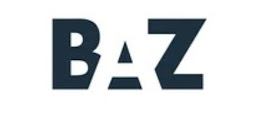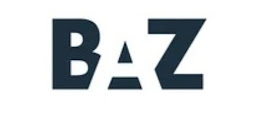Vitamin B2 or riboflavin is naturally present in foods, is added to foods, and is available as a dietary supplement. Bacteria in the intestine can produce small amounts of riboflavin, but not enough to meet dietary needs. Riboflavin is an important component of coenzymes involved in cell growth, energy production, and the breakdown of fats, steroids, and drugs. Most riboflavin is consumed immediately and not stored in the body, so excess amounts are excreted in the urine. Excess riboflavin from food, usually supplements, can cause urine to turn bright yellow.
Sources in Food
Riboflavin or Vitamin B2 is found mainly in meat and fortified foods, but also in some nuts and green vegetables.
- Dairy milk
- Yogurt
- Cheese and Eggs
- Lean Pork and Beef
- Organ Meats (beef liver)
- Chicken Breast
- Salmon
- Fortified Cereal and Bread
- Almonds
- Spinach
Symptoms of Weakness and Toxic effect
In the US, Riboflavin or Vitamin B2 deficiency is quite common. Thyroid disorders may increase the risk of deficiency. Riboflavin deficiency most often occurs in conjunction with other nutrient deficiencies, such as in malnourished individuals. Symptoms may include:
- Creaky Lips
- Weak Throat
- Swelling in the Neck and Mouth
- Increased Tongue (glossitis)
- Hair Fall
- Anemia
- Red, painful eyes
- In Extreme cases, Cataracts
Higher Risk of Symptoms
- Vegans/vegetarians due to reduced consumption or complete elimination of dairy and meat products.
- Pregnant women, especially those who consume little dairy products (lactose intolerance) or meat, due to the increased nutritional needs of a growing fetus.
Toxic effect
Toxic Riboflavin or Vitamin B2 content has not been observed in foods and dietary supplements. The intestine can absorb only a limited amount of riboflavin at one time, and excess is rapidly excreted in the urine. Therefore, no upper acceptable intake level has been established for riboflavin.
More information
Have you ever wondered why milk is usually no longer stored in glass bottles? The reason lies in riboflavin. If the vitamin is exposed to too much light, it can be deactivated in its usable form. That's why milk is now usually sold in cartons or opaque plastic containers that keep out the light.


.jpg)
0 Comments
Anyone no scam comments